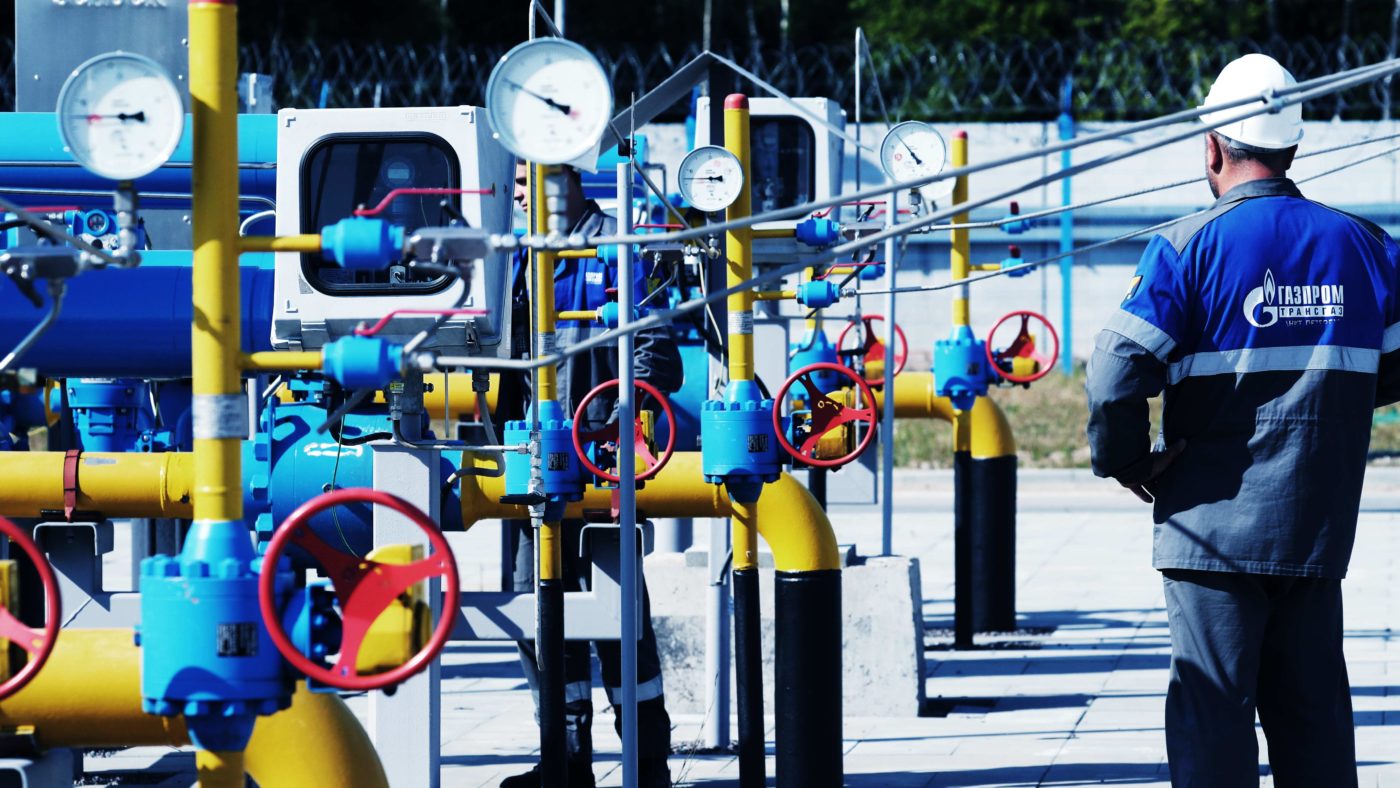The last few months have not been an easy ride for the UK in terms of its energy market stability.
On November 17 UK gas prices surged by 17%, bringing them to a level six times higher than the same time a year ago. That runaway inflation is partly a result of Germany suspending certification of the Nord Stream 2 pipeline due to legal jurisdiction issues. Added to that, an outage at one of the Norwegian gas fields meant reduced gas flow and contributed to the panic on the market. If prices continue in this vein until February, Ofgem could raise the cap on tariffs by £475, which could bring the average household energy bill to near £1,700.
The supply crunch earlier this year was caused by a perfect storm of several factors. Wholesale gas prices in Europe increased by 10% due to a diversion of Russian gas to China, combined with the Kremlin’s refusal to increase the supply to Europe. Besides delivering gas to households, the UK also generates more than half of its electricity from gas-fired power stations. To add insult to injury, a cable bringing electricity from France caught fire in September, several ageing nuclear power plants had to shut down for maintenance and wind turbines slowed down during some of the least windy months since 1946. Nor does the situation show much sign of improving, given the Government is committed to shutting five of Britain’s eight nuclear power plants by 2024. And despite its heavy reliance on natural gas, UK has the lowest gas storage capabilities in Europe, and less than 1% of Europe’s total capacity.
The most recent spike in European gas prices came amid fears of supply shortages over the coming winter months. The EU worries that Russia will not send enough gas through the existing pipelines while the newly built Nord Stream 2 remains offline. The pipeline that was designed to transport Arctic Russian gas to Germany bypassing Ukraine and Poland. Its construction was finished in September this year but still needs to undergo certification by Germany, as well as the European Commission to begin its functioning. Although German officials say the decision to pause the certification process is temporary and technical, there are clearly valid concerns about the lack of reliability and predictability of the Russian partnership.
The company behind the pipeline, Nord Stream 2 AG, was subject to sanctions by both the EU and the US as a recognised security threat to Ukraine and the region as a whole. In May 2021, however, the Biden administration lifted sanctions that could have brought the project to its knees – all of which adds to the confusion over the Germans’ current position, especially since they stand to be the main beneficiaries of NS2.
The geopolitical position in Russia’s ‘near abroad’ is obviously weighing on Berlin’s mind. Indeed, concerns over Nord Stream 2 were raised again over signs of recent escalated tension on the Russo-Ukrainian border with reports of Russian military hardware surrounding Ukraine from the East. The migrant crisis in Belarus, which must have been orchestrated with at least tacit Russian support, also seems to have stiffened Germany’s resolution. That theory was given more weight by the swift, if partial resolution of the Belarusian border crisis just days after the suspension of NS2 certification.
It is commendable that despite the current uncertainty on the energy market, Boris Johnson has stuck to his position on Nord Stream 2. The same day that Defence Secretary Ben Wallace visited Ukraine to underline the UK’s solidarity in the face of Russian aggression, the Prime Minister reiterated his commitment to ‘sticking up for peace’ over ‘Russian hydrocarbons’ and urged his European neighbours to do likewise.
While some European countries are trying to cosy up to the Kremlin to avoid an energy-starved winter, they ought to reflect on the lessons of the recent migrant crisis. It’s been said countless times that Russia respects strength and complies with the rules only when they are set out explicitly and without compromise. If the West really wants a concerted, long-term strategy towards Putin’s Russia, the only route lies in a firm commitment to the rules-based international order, without exceptions. That is the shortest route to European security, be it on energy, cyber or military.
Click here to subscribe to our daily briefing – the best pieces from CapX and across the web.
CapX depends on the generosity of its readers. If you value what we do, please consider making a donation.


